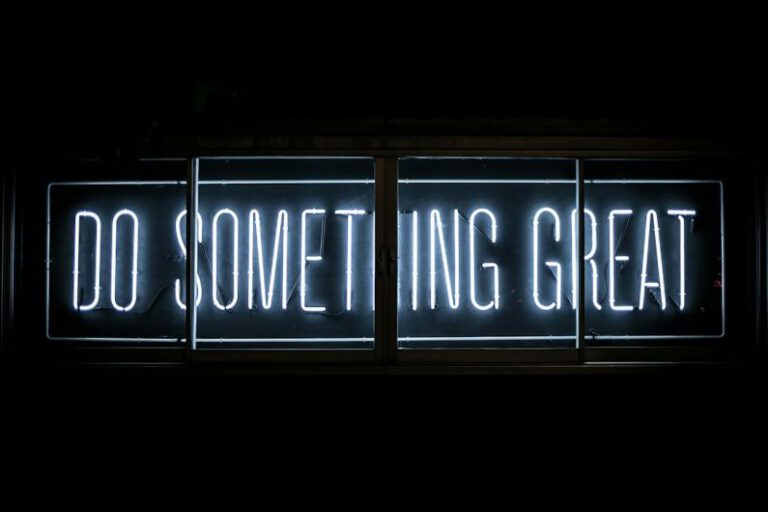How to Develop Critical Thinking Skills?
In today’s rapidly changing world, critical thinking skills have become more important than ever. The ability to think critically allows individuals to analyze information, evaluate different perspectives, and make informed decisions. Whether you’re a student, professional, or just someone looking to improve their problem-solving abilities, developing critical thinking skills can greatly benefit you in all aspects of life. In this article, we will explore effective strategies to enhance critical thinking skills.
1. Cultivate Curiosity
Curiosity is the driving force behind critical thinking. It encourages us to ask questions, seek knowledge, and challenge assumptions. To foster curiosity, expose yourself to new ideas, subjects, and experiences. Read books, engage in discussions, and explore various perspectives. By nurturing your curiosity, you’ll develop a thirst for knowledge and a natural inclination to critically analyze information.
2. Ask Thought-Provoking Questions
One of the key elements of critical thinking is asking thought-provoking questions. Instead of accepting information at face value, dig deeper and seek evidence to support or challenge it. Ask questions like “How do you know?”, “What evidence supports this claim?”, and “Are there alternative explanations?” By asking these questions, you’ll develop a habit of questioning assumptions and arriving at well-reasoned conclusions.
3. Practice Socratic Questioning
Socratic questioning is a method of inquiry that involves asking a series of probing questions to stimulate critical thinking. It encourages individuals to examine their beliefs, assumptions, and reasoning. The Socratic questioning technique can be practiced by posing open-ended questions that challenge the status quo and promote critical thinking. By engaging in Socratic questioning, you’ll learn to think critically and develop a deeper understanding of complex issues.
4. Evaluate Sources of Information
In the age of misinformation, it’s crucial to develop the ability to evaluate sources of information critically. With the abundance of information available online, it’s easy to be misled by biased or inaccurate sources. When evaluating sources, consider factors such as credibility, accuracy, and objectivity. Look for evidence-based information from reputable sources and be wary of sensationalized or biased content. By becoming a discerning consumer of information, you’ll develop critical thinking skills and avoid being swayed by false or misleading claims.
5. Engage in Analytical Reading
Reading is an excellent way to enhance critical thinking skills. However, it’s important to go beyond passive reading and engage in analytical reading. Analytical reading involves actively questioning the text, analyzing arguments, and evaluating evidence. As you read, ask yourself questions such as “What is the main argument?”, “Are the claims supported by evidence?”, and “What are the counterarguments?” By actively engaging with the text, you’ll develop a deeper understanding and strengthen your critical thinking abilities.
6. Seek Diverse Perspectives
To develop well-rounded critical thinking skills, it’s essential to seek diverse perspectives. Surrounding yourself with people who think differently than you do can challenge your assumptions and broaden your horizons. Engage in discussions with individuals from various backgrounds, cultures, and disciplines. Listen actively, consider different viewpoints, and critically evaluate the merits of different arguments. By exposing yourself to diverse perspectives, you’ll develop a more nuanced understanding of complex issues and enhance your critical thinking skills.
In conclusion, developing critical thinking skills is a lifelong journey that requires practice, perseverance, and an open mind. By cultivating curiosity, asking thought-provoking questions, practicing Socratic questioning, evaluating sources of information, engaging in analytical reading, and seeking diverse perspectives, you can enhance your critical thinking abilities. Remember, critical thinking is not about finding the right answers but rather about asking the right questions and approaching problems with a rational and analytical mindset. So, embrace the challenge, and let critical thinking become your superpower in navigating the complexities of the modern world.






